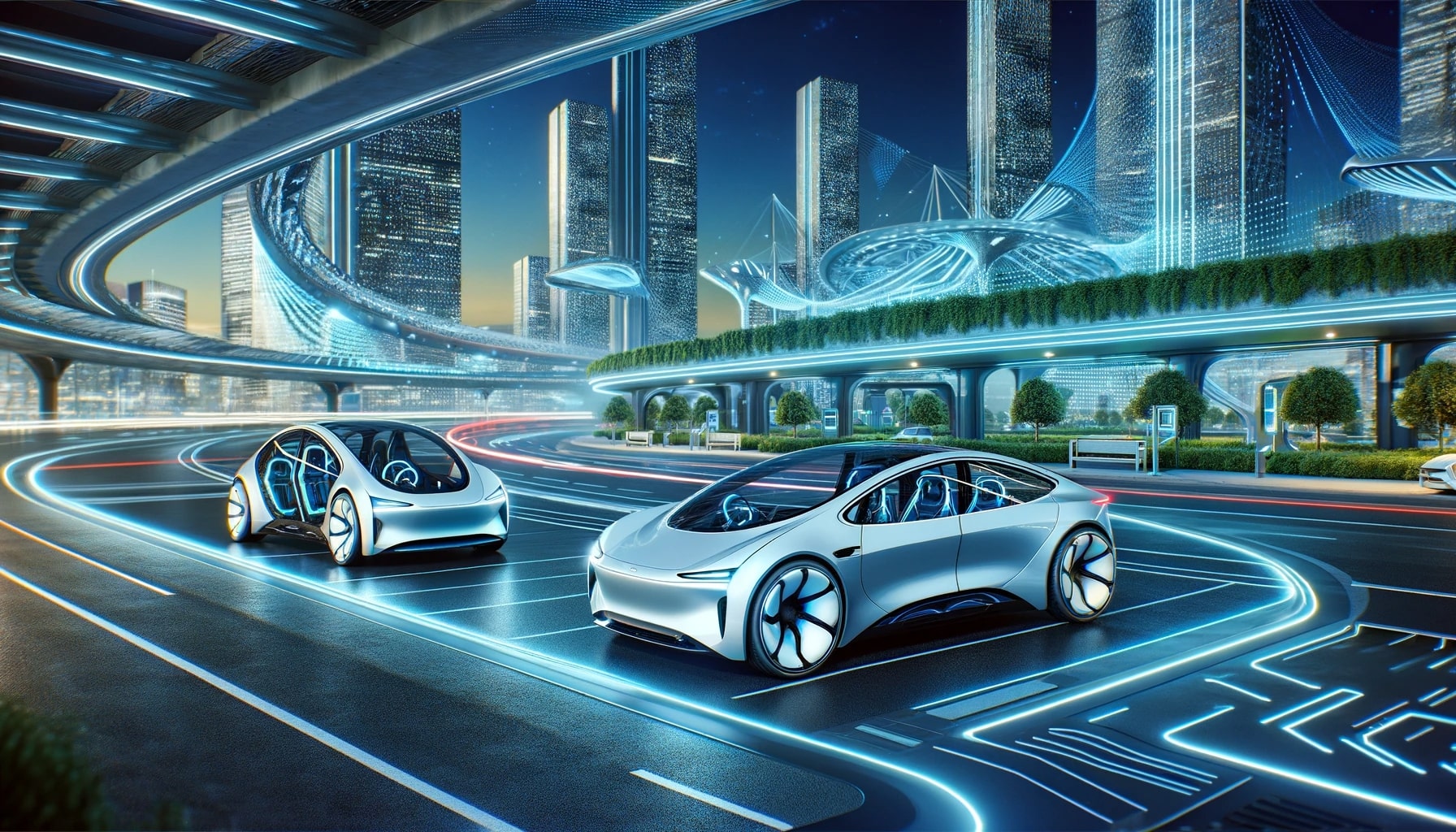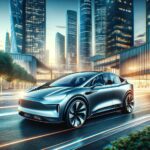Volkswagen remains steadfast in its aim to introduce 25 new electric vehicles (EVs) to the North American market by the year 2030. Pablo Di Si, the head of Volkswagen’s North American operations, acknowledges that while the EV segment continues to grow, the rate of growth is experiencing a slowdown. He maintains that they might recalibrate their strategy based on consumer demand and market dynamics in the upcoming years.
Charging Infrastructure Challenges
A significant hurdle for the adoption of EVs in the United States is the adequacy of the charging infrastructure. Tesla leads the industry in this area, prompting various manufacturers to adopt the North American Charging Standard (NACS) that Tesla uses. Di Si points out that the availability of charging stations is a primary concern, especially in “middle America.” He suggests that an increase in the number of charging stalls might spark a new surge in EV growth.
New Models and Market Strategies
Despite the challenges, Volkswagen is gearing up to enhance its EV lineup with new models, including the ID.Buzz EV bus and the ID.7 electric sedan, set to launch in 2024. While these models are not expected to drive high sales volumes initially, they signify Volkswagen’s commitment to diversifying its EV offerings in the market.
Volkswagen’s electrification strategy in the U.S. focuses on midsize and large SUVs, with several models already approved for development. Furthermore, plans are underway to update the ID.4 with a longer range and an improved infotainment system, a priority for EV drivers. This revamp aims to make the ID.4 competitive with Tesla’s Model Y and eligible for tax incentives, enhancing its market appeal.
Volkswagen’s ambition reflects a broader industry trend towards electrification, as manufacturers navigate a rapidly evolving automotive landscape. Maintaining flexibility in their EV strategy allows Volkswagen to adapt to changes in consumer preferences and technological advancements, securing their place in the future of transportation.
Volkswagen’s commitment to electrification suggests a confident approach to technological change and consumer adaptation. As the decade progresses, the company seems poised to tailor its offerings to meet market demands, ensuring relevance in the competitive EV industry.










